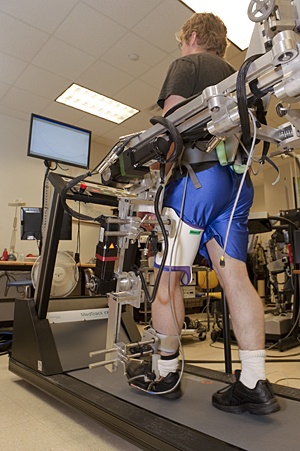|
Distributed Ledger Technology (DLT) has emerged as a transformative force in the realm of technology and finance. It has revolutionized the way transactions are recorded, validated, and shared across multiple participants. In this article, we will delve into the intricacies of DLT and its potential to reshape various industries. DLT, often synonymous with blockchain, is a decentralized system that allows for the secure and transparent recording of data. Unlike traditional centralized systems, where a central authority controls and maintains a ledger, DLT operates on a network of computers, known as nodes, that collectively maintain and update the ledger. This distributed nature eliminates the need for intermediaries, reduces costs, enhances security, and increases efficiency. One of the key features of DLT is immutability. Once a transaction or data entry is recorded on the ledger, it becomes virtually impossible to alter or tamper with. This attribute ensures transparency and provides an auditable record of all activities, making DLT particularly appealing for applications involving financial transactions, supply chain management, and identity verification. DLT has gained prominence primarily due to its role in enabling cryptocurrencies like Bitcoin and Ethereum. These digital currencies utilize DLT to create a decentralized and secure medium of exchange. By leveraging cryptographic techniques, DLT ensures that transactions are authenticated and verified by network participants, eliminating the need for a central authority. Beyond cryptocurrencies, DLT has the potential to disrupt various sectors. In supply chain management, DLT can provide end-to-end visibility, traceability, and authentication of goods, reducing fraud and counterfeiting risks. By storing product information, transaction history, and certifications on a distributed ledger, stakeholders can verify the authenticity and origin of products, ensuring consumer safety and building trust. Moreover, DLT can streamline and automate complex processes in industries such as healthcare, real estate, and logistics. Electronic health records stored on a decentralized ledger can improve data interoperability, privacy, and security. Smart contracts, self-executing agreements stored on DLT, can eliminate the need for intermediaries in real estate transactions, reducing costs and increasing efficiency. In logistics, DLT can optimize supply chain operations by enabling real-time tracking, reducing paperwork, and facilitating instant payments. However, DLT is not without its challenges. Scalability, energy consumption, regulatory concerns, and privacy issues are some of the hurdles that need to be addressed for wider adoption. Efforts are underway to develop improved consensus mechanisms, such as proof-of-stake, that can enhance scalability while minimizing energy consumption. In conclusion, Distributed Ledger Technology has the potential to revolutionize industries by providing secure, transparent, and efficient systems for recording and validating transactions. With ongoing advancements and collaborations, DLT is poised to reshape various sectors, unlocking new possibilities and transforming traditional processes. As we embark on this transformative journey, it is crucial to navigate the challenges and harness the full potential of DLT for a more inclusive and decentralized future.  |
